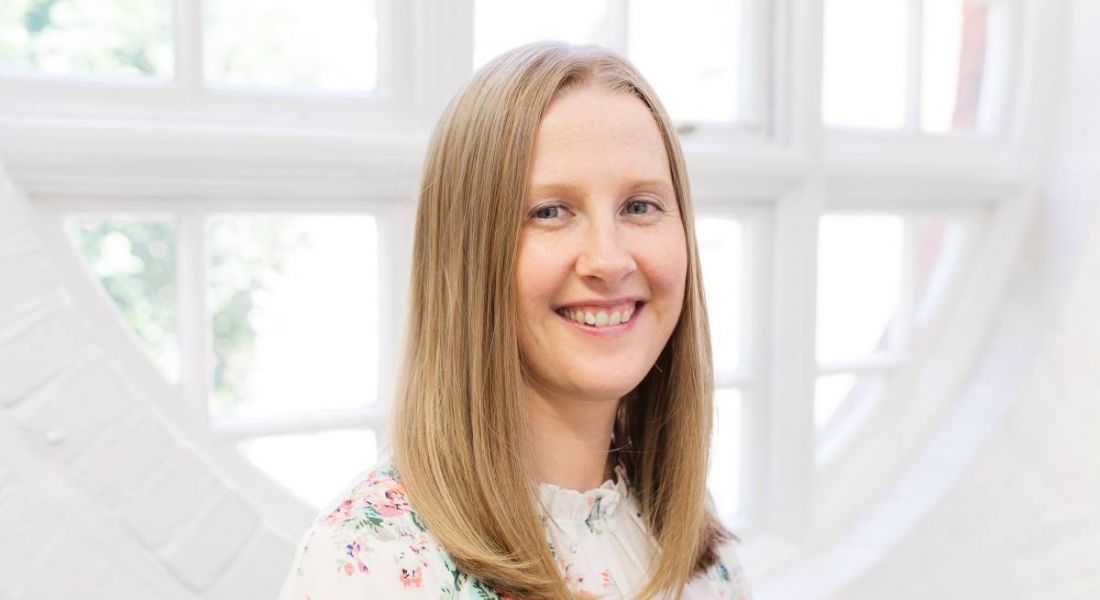Prof Norma Bargary leads UL’s Professional Diploma in Data Analytics. Here, she talks about her personal research interests and her career so far.
Prof Norma Bargary‘s love of maths and statistics was ignited when she was in her first year of a Mathematical Sciences degree at the University of Limerick (UL).
She recalls doing a module in statistics taught by Prof Ailish Hannigan. “I immediately loved the subject because I could see its relevance everywhere, and decided to specialise in statistics for the final two years of my degree programme. I have worked as a statistician since then,” she tells SiliconRepublic.com.
These days, Bargary is a professor herself at UL’s Department of Mathematics and Statistics, where she chairs the data science and statistical learning side.
She was among the first recipients of the prestigious Senior Academic Leadership Initiative (SALI), a scholarship that promotes gender balance at a senior academic level in higher education institutions.
Her research interests vary from sports data to how media professionals get to grips with data to communicate it effectively – or not, as the case may be.
She said she and her team have developed a series of studies to understand how comfortable journalists are with numbers. They designed interventions to build journalists’ numeracy skills, with Bargary saying that the “ultimate aim” of the studies is to improve how numbers are communicated to the public.
Where sports are concerned, she says she is very interested in data that are measured using sensors. “For example, I work a lot with motion capture data which measures people’s movement patterns when doing tasks like running, jumping, kicking and rowing.”
“The data that are produced by these systems can be thought of as curves or functions; my research develops new ways to model such data using an area of statistics called functional data analysis.”
As well as her own research, Bargary is at the forefront when it comes to the development of UL’s data science education programmes.
She leads the UL@Work Professional Diploma in Data Analytics, which is a programme aimed at learners who are already working full time to give them the skills they need to break into the industry.
The programme is designed in consultation with stakeholders already working in the sector. Data analytics is a great area for career beginners and pivoters alike, says Bargary, highlighting the shortage of people with skills in that area.
What kind of skills do people need to have a career in data analytics? She lists critical thinking skills, such as how to formulate ‘good’ research or business questions and identify the data needed to answer those questions.
In terms of technical skills, she says “very good statistical skills and being able to code in languages like R or Python is a must.”
“Data is now a highly valuable resource and companies are increasingly striving to become data driven. In order to do that, and use data to its fullest, strong data analytics expertise is essential.”
Bargary and the team behind the Professional Diploma in Data Analytics worked closely with industry partners to ensure the programme teaches learners these skillsets.
“Those undertaking the programme learn how to work with data throughout the data analytics pipeline – from data collection to data cleaning, wrangling, visualisation, modern statistical and predictive modelling techniques, and the communication of results back to key stakeholders via interactive reports and dashboards.”
And data analytics and stats have wider societal implications, too. “Now more than ever, we are faced with enormous societal challenges such as climate change, sustainability, housing and food shortages. Data and modelling have really important roles to play in helping us to untangle these issues and ultimately trying to address them.”
Any professional who works with data – such as journalists, as Bargary mentioned – needs to know that it is not to be messed around with, however. Quality rather quantity is what should be aimed for.
Miscommunications and errors can occur when someone has failed to grasp the data they are working with.
“The biggest misconception is that measuring lots of data means it must contain useful information,” warns Bargary. This is a mistake she wants to correct.
“Lots of data does not equal lots of useful data. If the data you collect are poor quality then there is nothing that data science can do.”
10 things you need to know direct to your inbox every weekday. Sign up for the Daily Brief, Silicon Republic’s digest of essential sci-tech news.




